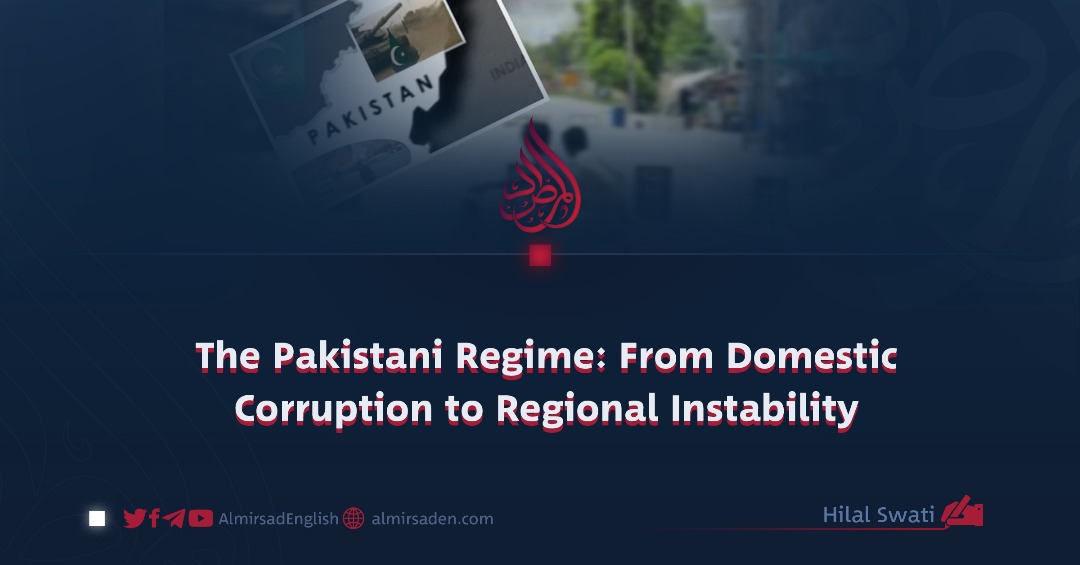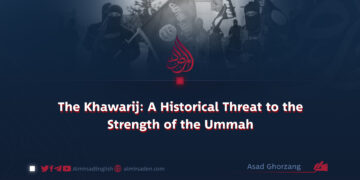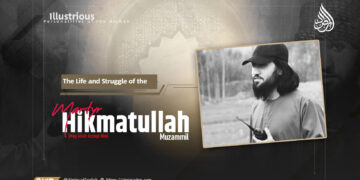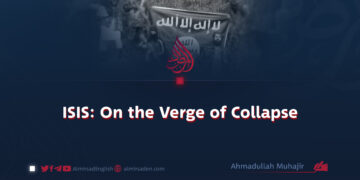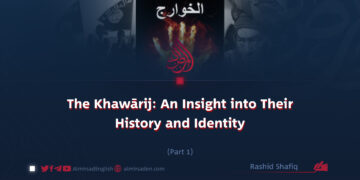By Hilal Swati
Once proclaimed as the “Center of Islam,” Pakistan’s ruling establishment has, over time, become one of the chief sources of insecurity and unrest across South Asia. A government that was meant to defend the interests of its citizens has instead descended into a machinery controlled by corrupt generals and self-serving politicians who cling to power and wealth at any cost.
The military, long regarded as the guardian of Pakistan’s borders, has evolved into an oppressive institution that spares no mercy for innocent Baloch, Pashtun, and Kashmiri civilians. Its atrocities in Balochistan are so pervasive that international human rights organizations now describe them as a “silent genocide.” Every day, the bodies of Baloch youth surface in desolate stretches of land, and every week more families watch their loved ones disappear without a trace.
In Kashmir, the army’s sponsorship of militant groups has not only deepened the region’s turmoil but also inflicted unbearable suffering on ordinary residents. By weaponizing extremism to serve political ends, the regime has placed the entire region’s peace in jeopardy.
At home, Pakistan faces an even bleaker reality. Endemic corruption, soaring unemployment, rising prices, and relentless shortages of electricity and gas have turned daily life into a struggle for survival. While generals and politicians enjoy the comfort of palatial mansions, millions of ordinary citizens fight to put food on the table.
Public frustration is growing steadily. Grassroots movements in Balochistan, Sindh, and Khyber Pakhtunkhwa are gaining strength as people increasingly recognize that the true source of their misery lies in Islamabad’s decayed and exploitative system. Slogans denouncing the “Illegitimate Government” and the “Murderous Army” now echo from every province, reflecting a society that has begun to question the very foundations of its state.
For decades, the regime has tried to deflect anger by inventing foreign enemies, yet this old ruse no longer deceives the public. Pakistanis have come to understand that their greatest enemy is not beyond their borders but within them: a corrupt order that plunders the nation’s resources and sacrifices its youth in endless proxy wars.
Afghanistan has borne the heaviest cost of Pakistan’s destructive ambitions. Through its support for the extremist group ISIS, Islamabad has repeatedly undermined Afghan security while pretending to be a friendly neighbor. Behind the language of cooperation lies a systematic effort to weaken and destabilize those around it.
What was once covert policy has now become overt practice. Funds drawn from Pakistani taxpayers are funneled into training and arming ISIS militants, while the country’s intelligence agencies have turned into factories for producing extremists. Senior officers even boast of these activities as part of a “covert jihad.”
The international community must recognize that Pakistan is no longer a state governed by law but a military-political mafia that wields terror as an instrument of diplomacy. As long as this regime continues its crimes, peace and stability in South Asia will remain out of reach.
The moment has come for the world to confront these realities and for the Pakistani people themselves to rise against this corrupt order. The nation’s future depends on its citizens’ ability to dismantle the structures of oppression and build a government rooted in justice and accountability. Only through such renewal can Pakistan hope to stand as a stable and genuinely Islamic nation in the region.































